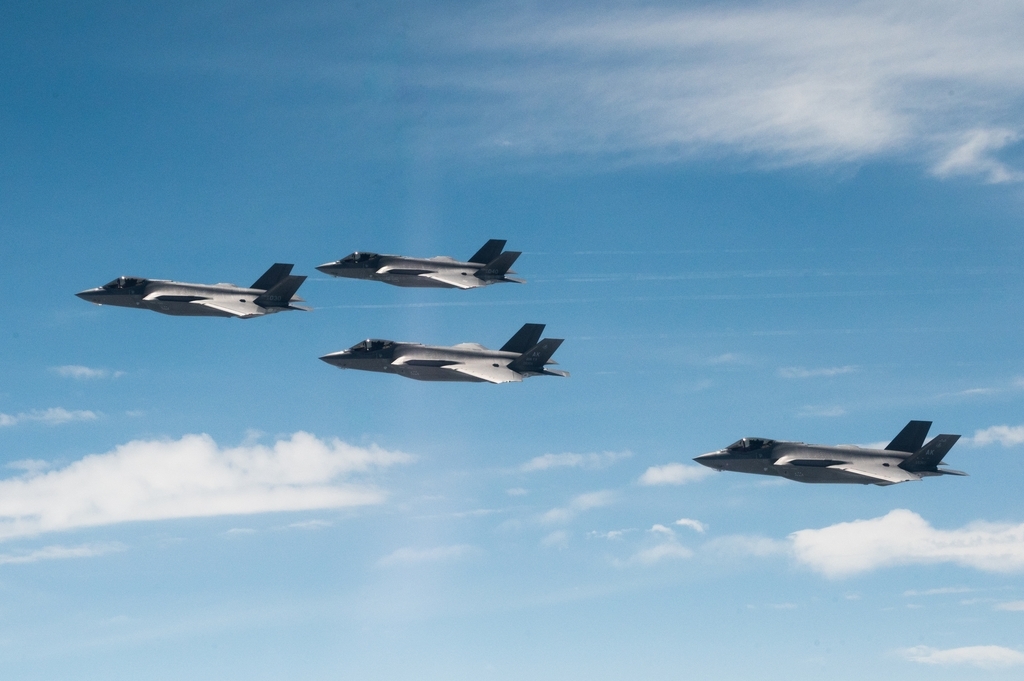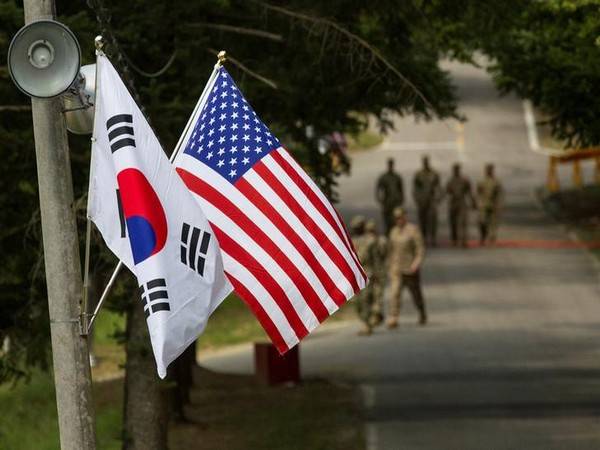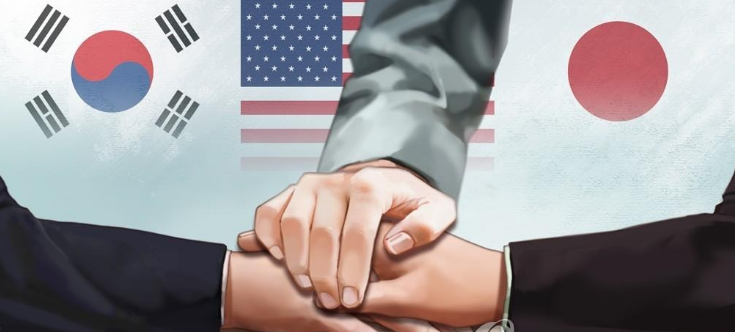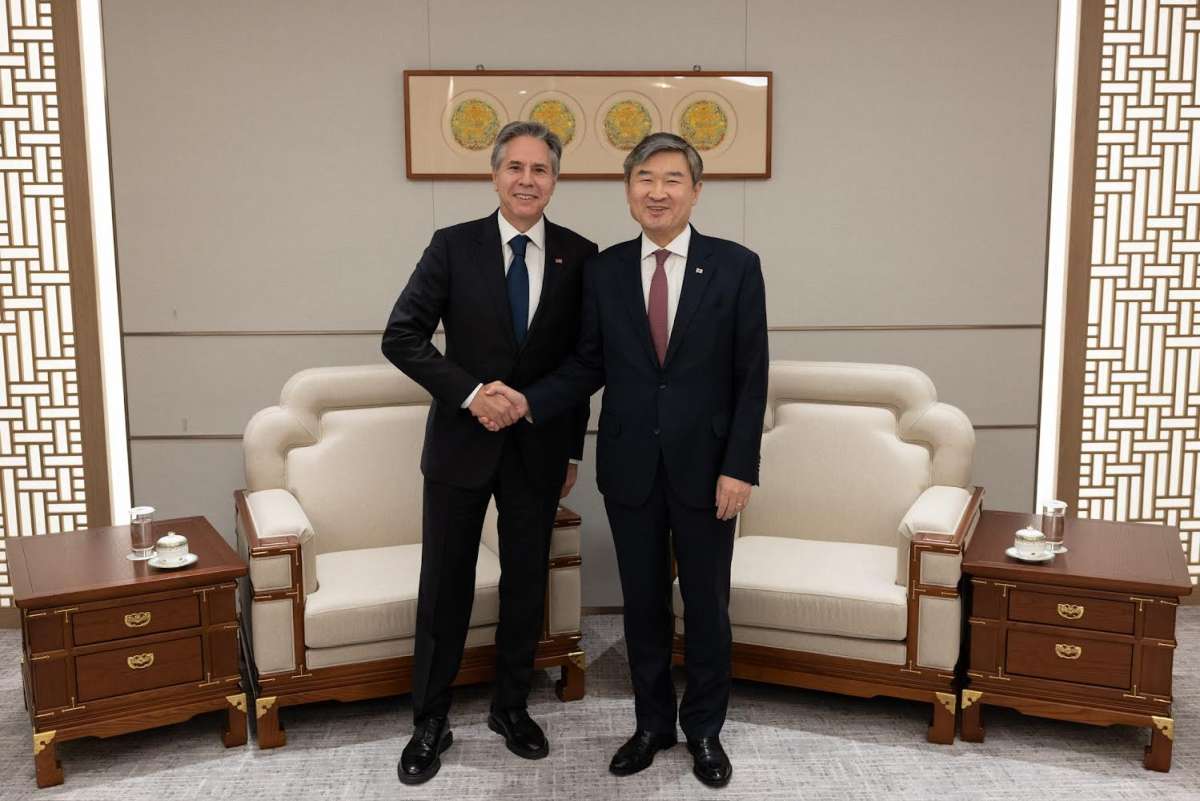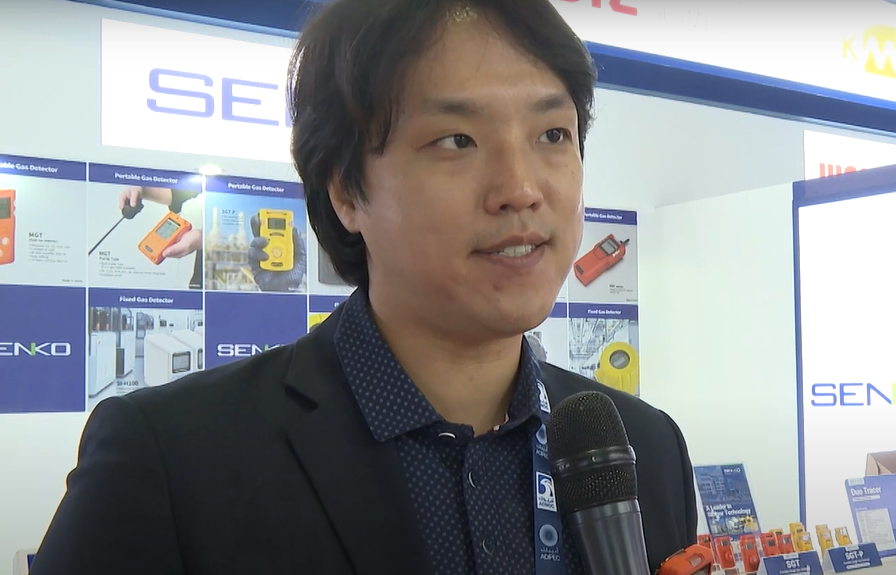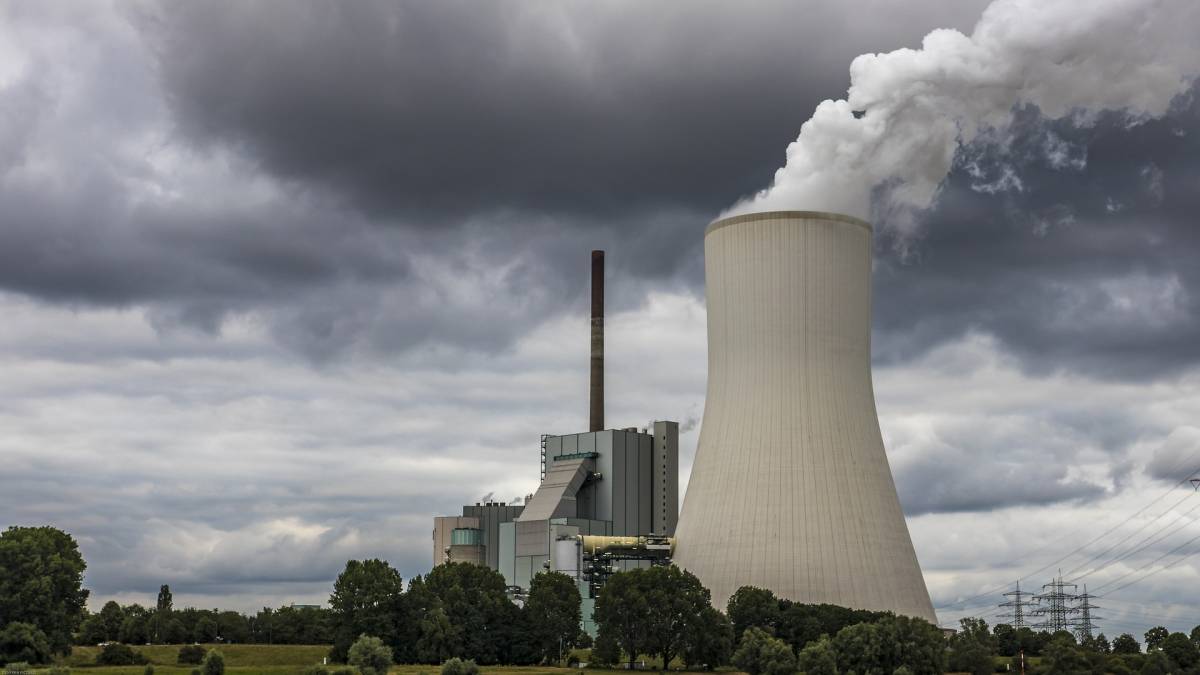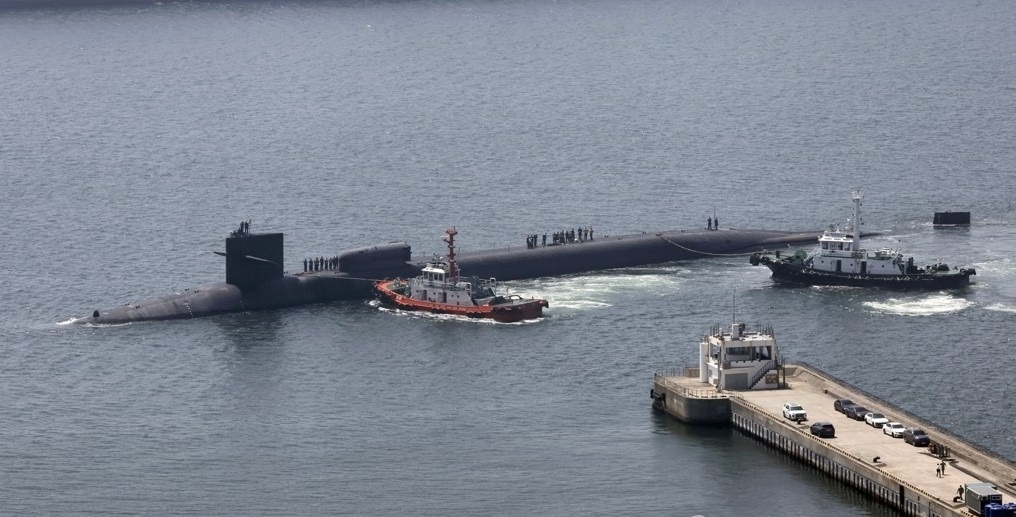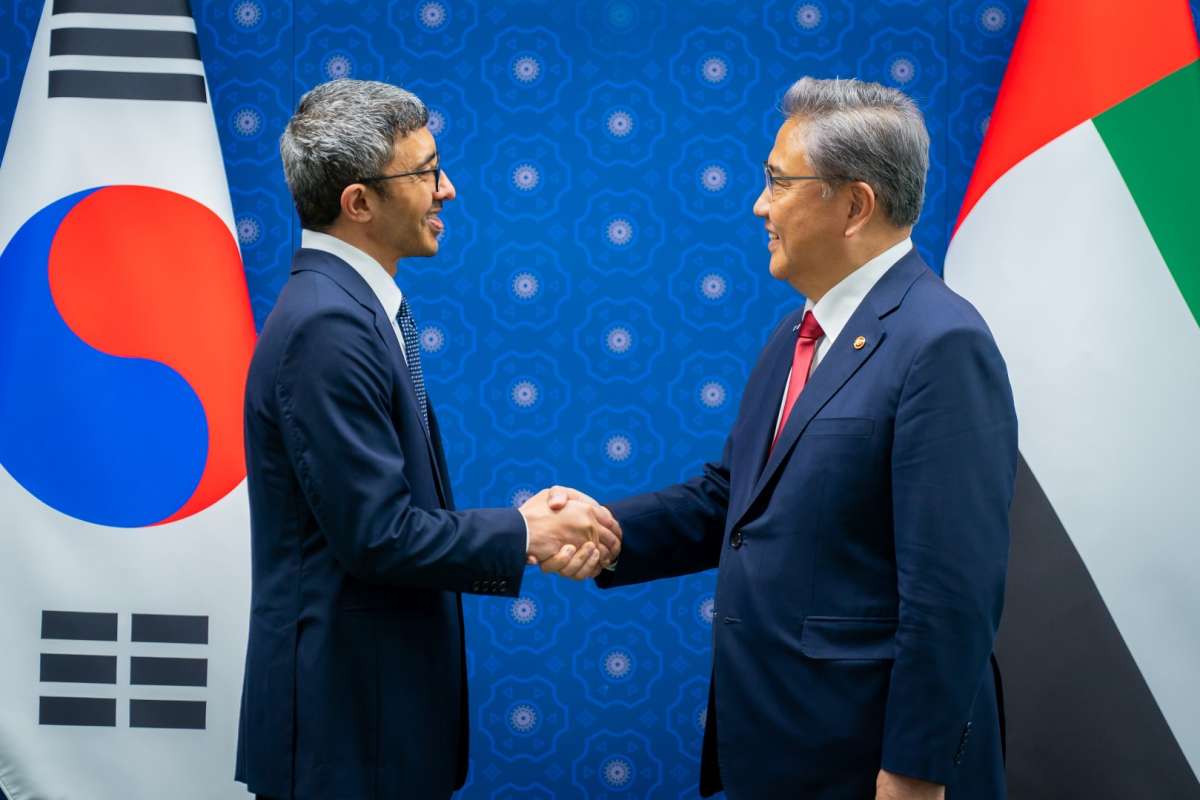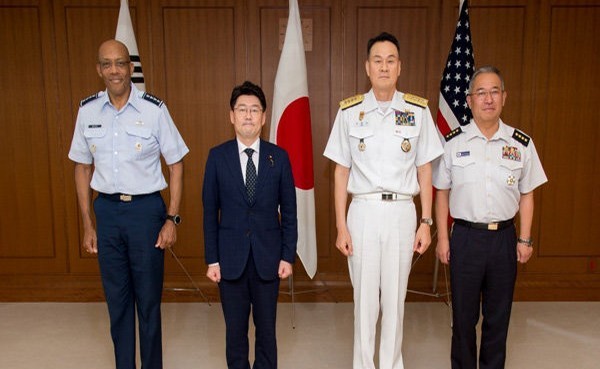
US, Japan, S. Korea vow to boost ties amid rising security risks
The officials of three nations stated this when they gathered in Tokyo on Thursday…reports Asian Lite News Top defence officials from Japan, US and South Korea vowed to boost countries’ trilateral relations


